The evacuation of nearly 350,000 allied officers and soldiers from the embattled beaches at Dunkirk was indeed an event of epic proportions. Had the Nazis been successful in annihilating the British Expeditionary Force in 1940, the dark early days of World War II would have been incalculably more bleak.
The bravery of the British soldiers, remnants of the French Army, and their Belgian and Polish comrades can scarcely be overstated. Consider the sacrifice of the 2nd Battalion Irish Guards and a battalion of Welsh Guards which held the line against the Germans at Boulogne for two full days as the Allied situation rapidly deteriorated, suffering more than 400 killed.
When Operation Dynamo (the evacuation effort) got underway, the courage of the military was matched by civilians who risked their lives and property to undertake the perilous 20-mile trek across the English Channel. Some considered the rescue attempt to simply be a noble exercise in futility, but elements of the Royal Navy and 665 smaller vessels pressed on undeterred. Given the circumstances, the fact such an effort could even be organized was a miracle in itself.
Three days before Operation Dynamo began, Lieutenant General Alan Brooke, commander of the British II Corps, recorded in his diary, “Nothing but a miracle can save the BEF. The German armoured divisions have penetrated to the coast, Abbeville, Boulogne, and Calais have been rendered useless. We are therefore cut off from our sea communications and beginning to be short of ammunition.”
At the 11th hour, Adolf Hitler unknowingly played a role in the salvation of so many Allied soldiers who would fight another day. Reichsmarshal Hermann Goering, chief of the Luftwaffe, prevailed upon the Nazi leader to allow his air forces to finish off the Allies. Hitler assented and ordered the panzers of General Heinz Guderian to halt just short of Dunkirk. Had they been allowed to proceed, the German tanks might well have reached the channel at Dunkirk in one more day.
Hitler had apparently been shaken by the ferocity of a British counterattack at Arras, which had required the deployment of deadly 88mm antiaircraft guns in an anti-tank role and the personal direction of General Erwin Rommel, commander of the 7th Panzer Division, to beat back. He further worried the marshy ground of northern France and Belgium was not well suited to armored action and the tanks needed to regroup for the southward push toward Paris.
As it was, the Luftwaffe bombed and strafed while Royal Air Force Fighter Command exacted a toll on the attackers. By June 4, the British had lost 99 fighter planes in the skies above embattled Dunkirk, but the Germans had lost 132. The Allies put their reprieve from constant ground attack to good use, and many historians have ranked Hitler’s decision among the great blunders of World War II — on par with his disastrous invasion of the Soviet Union a year later.
The rescued soldiers were greeted with celebrations when they reached the safety of England. Many had not eaten for several days, and they were given sandwiches and hot tea. They had been unceremoniously booted from the continent of Europe and endured one of the greatest defeats in the history of the British Empire, but there was indeed something of a triumph to acknowledge.
Prime Minister Winston Churchill warned against clothing a defeat in the mantle of victory. He also described most eloquently the resolve of his nation. “There was a white glow, overpowering, sublime, which ran through our island from end to end. In the midst of defeat glory came to the island people, united and unconquerable; and the tale of the Dunkirk beaches will shine in whatever records are preserved of our affairs.”
Michael E. Haskew

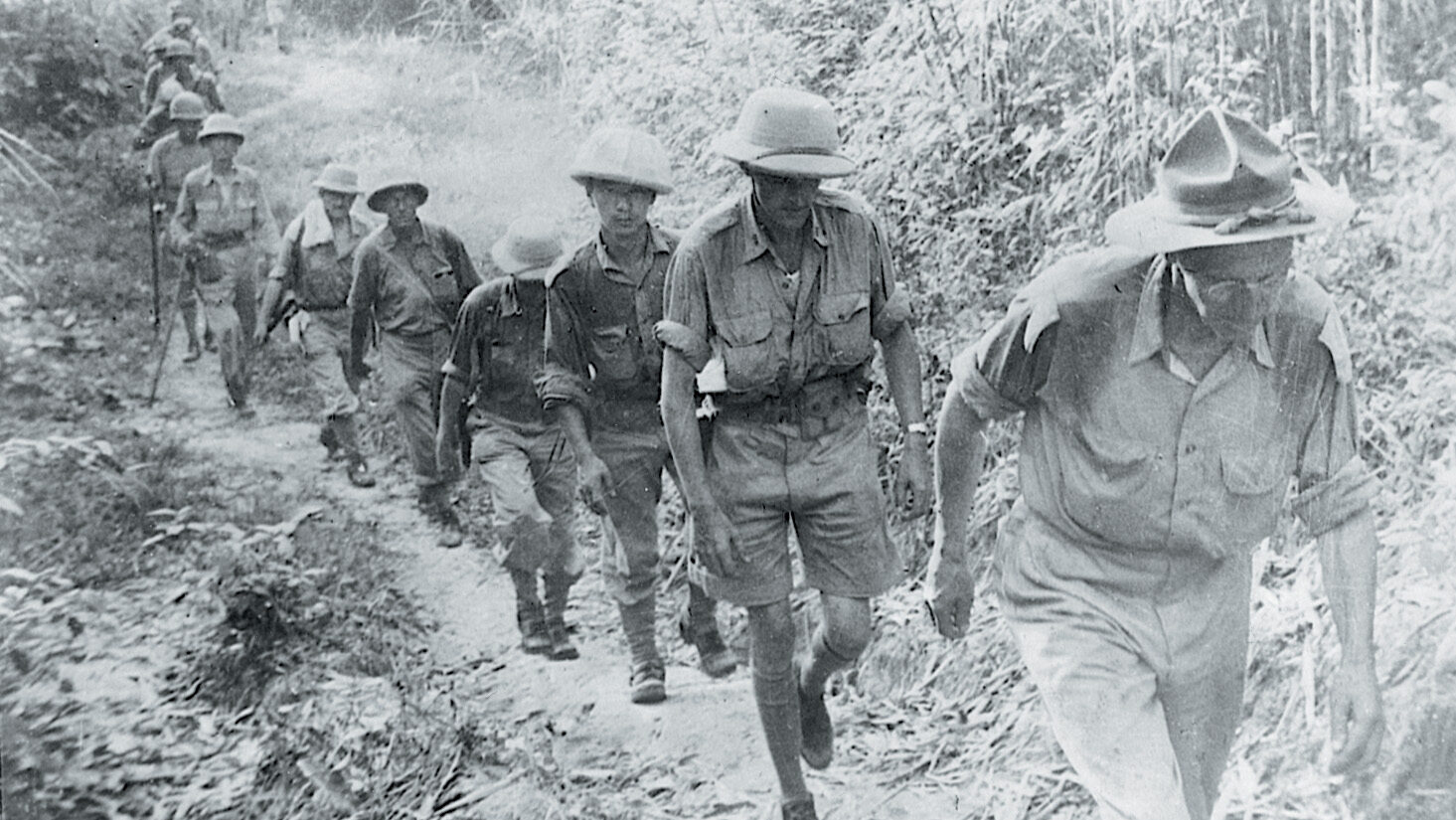
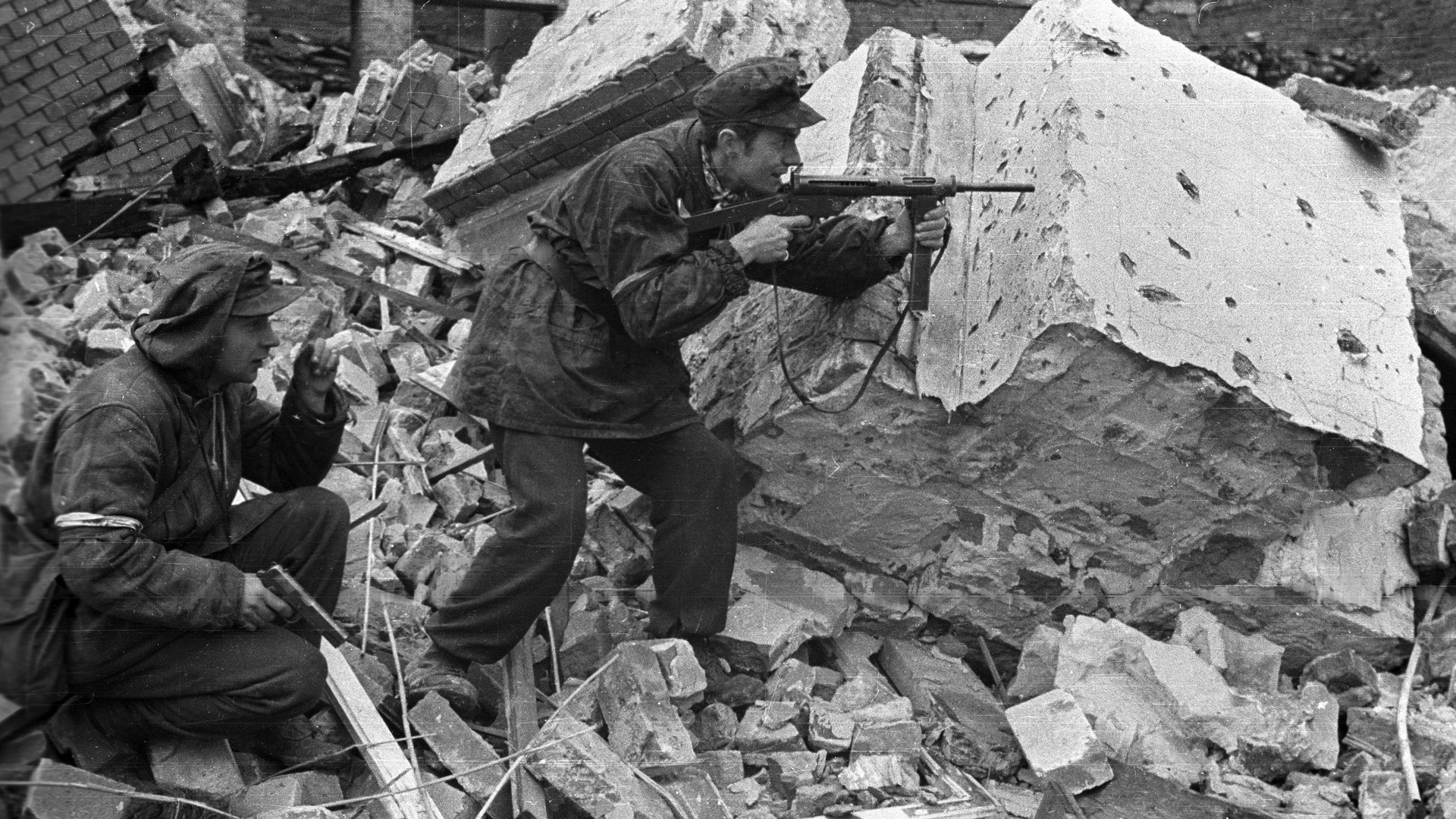
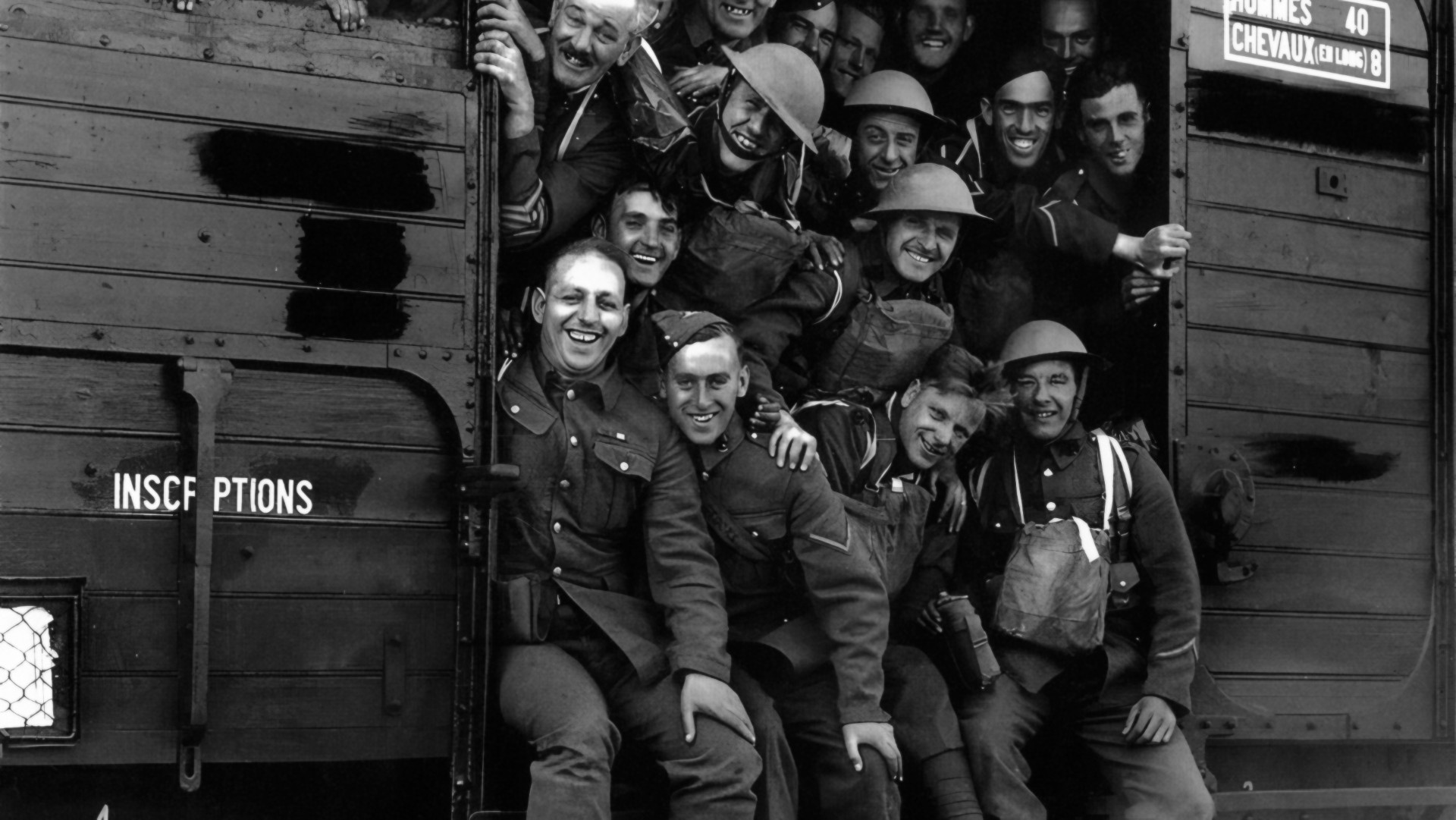
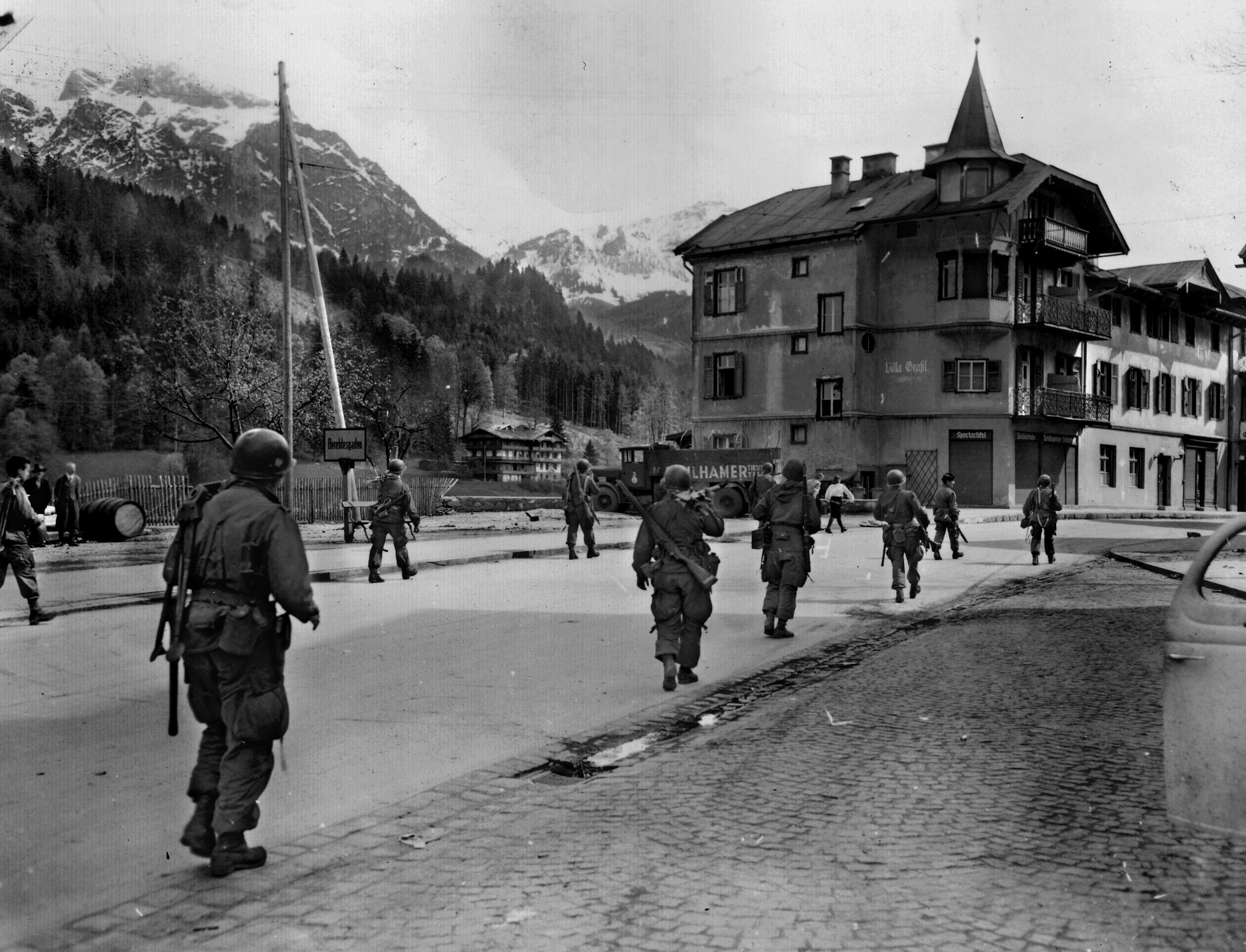
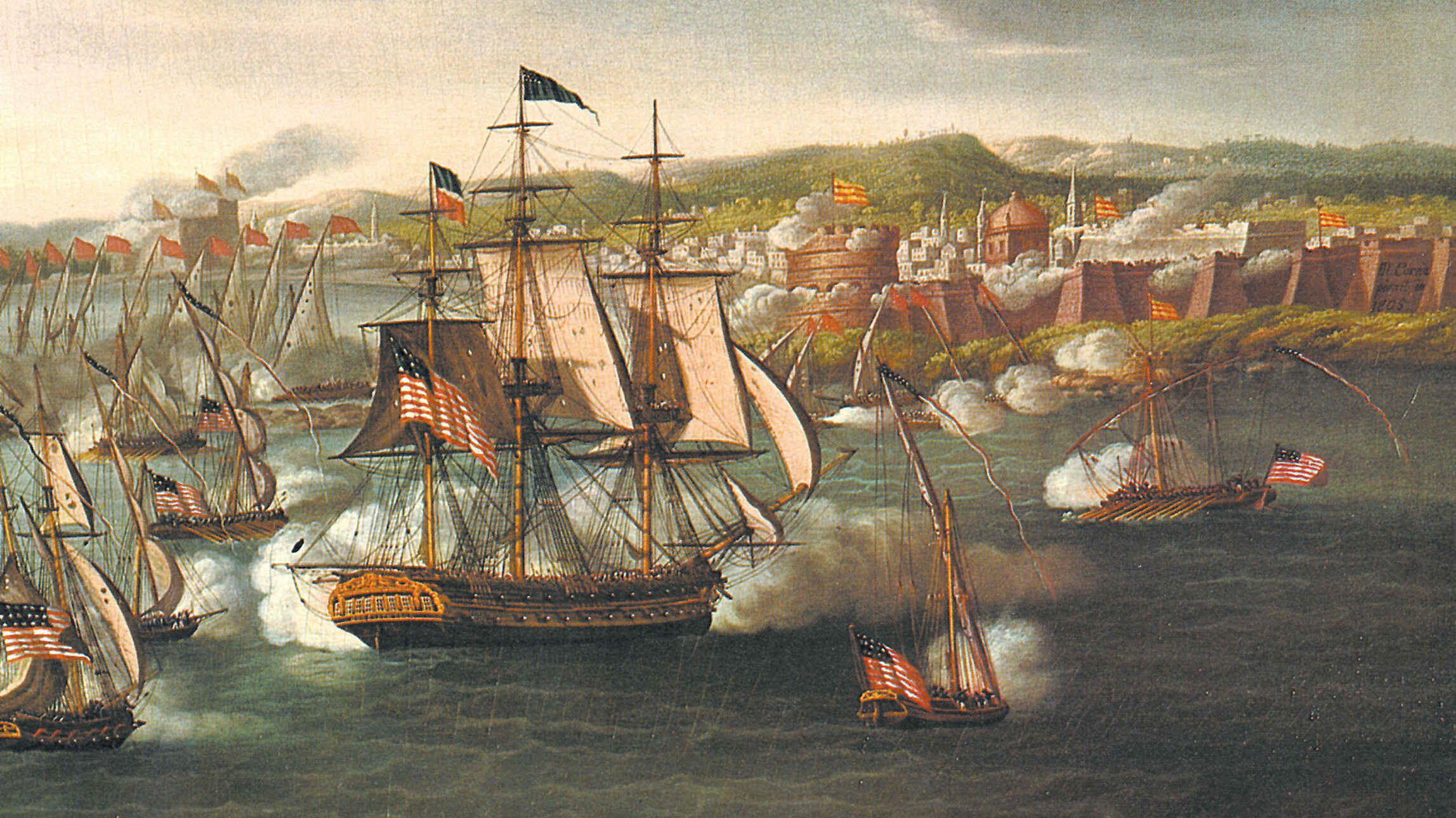
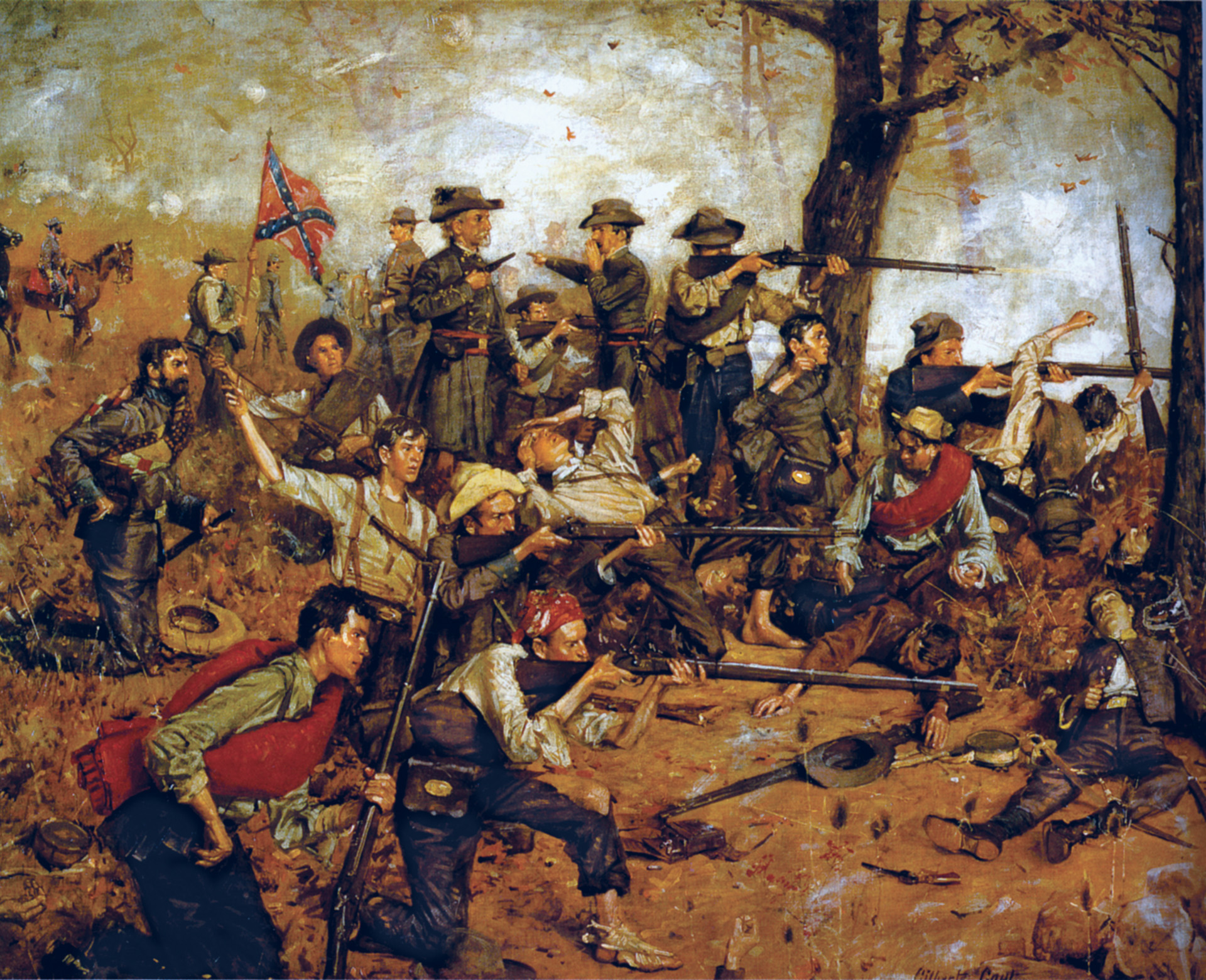
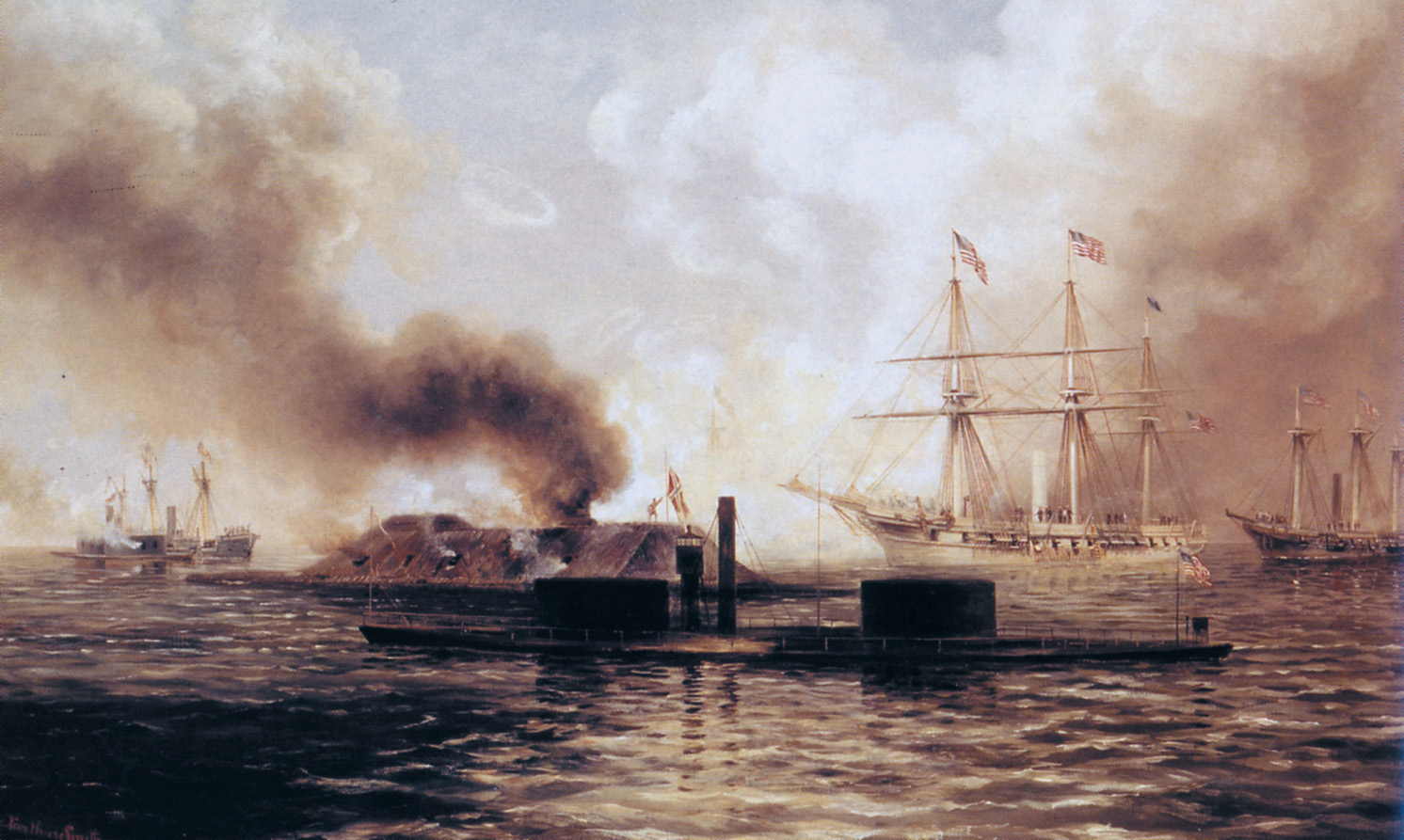
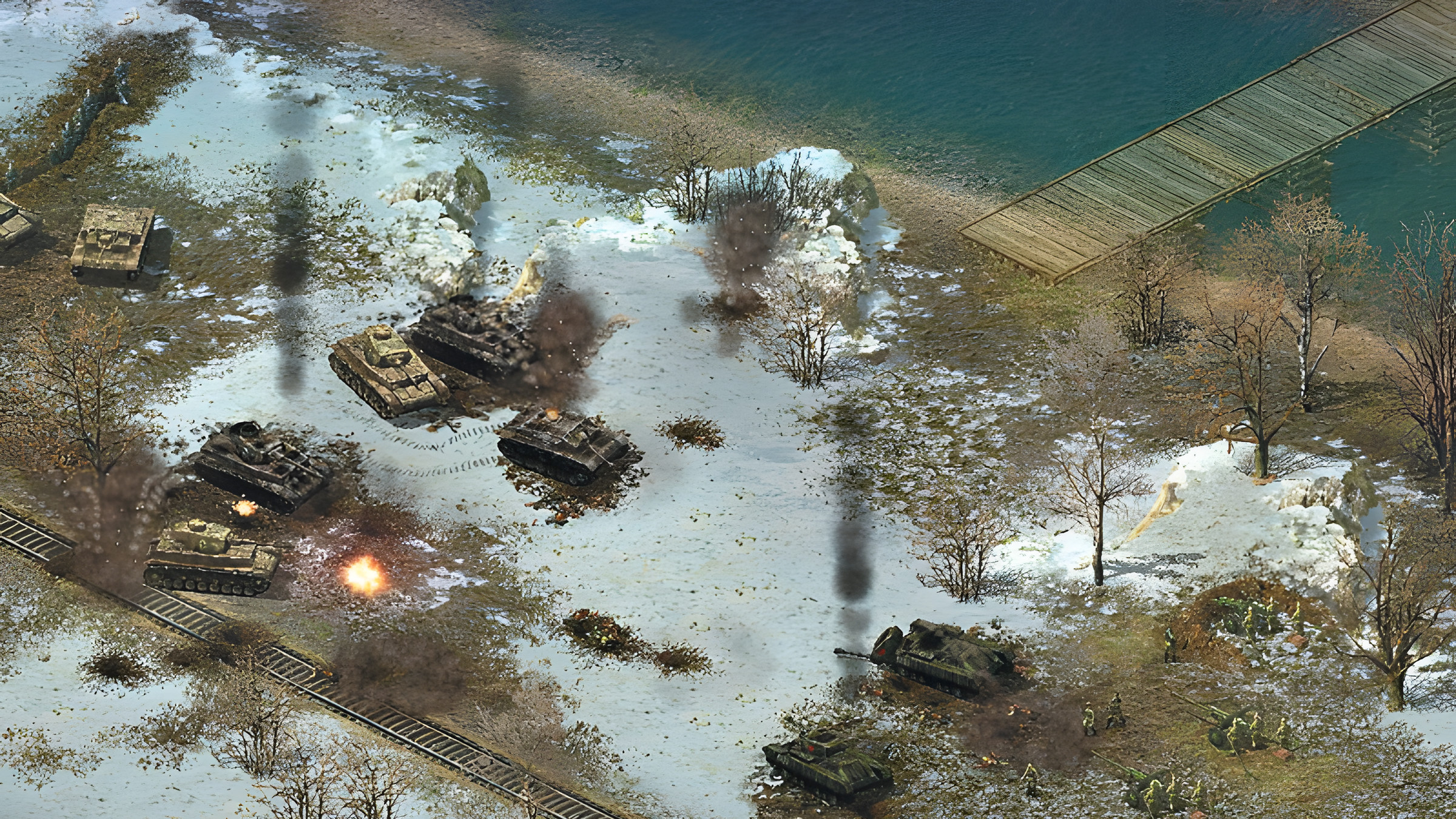
Join The Conversation
Comments
View All Comments